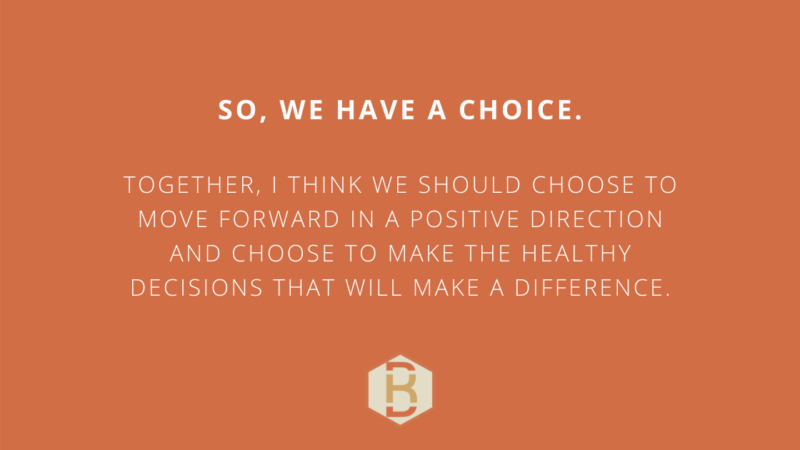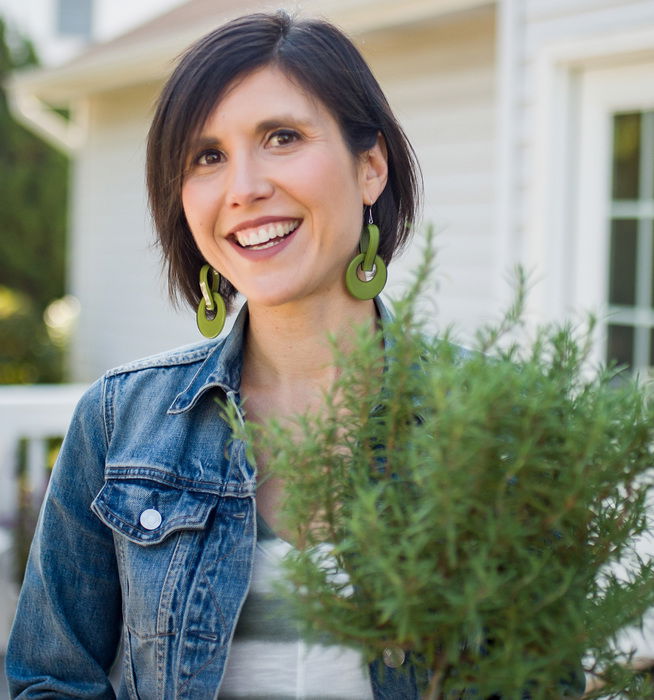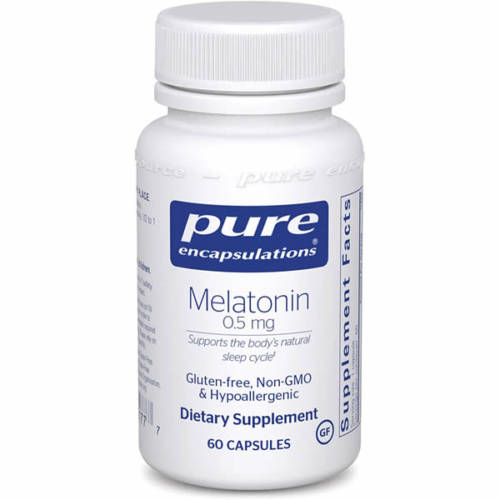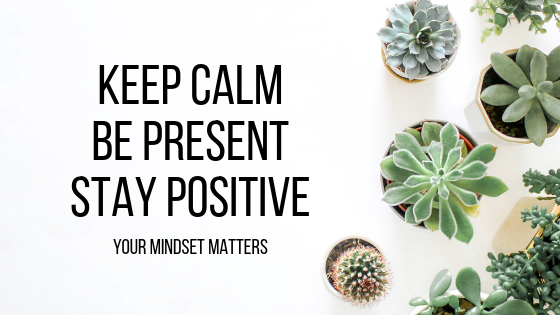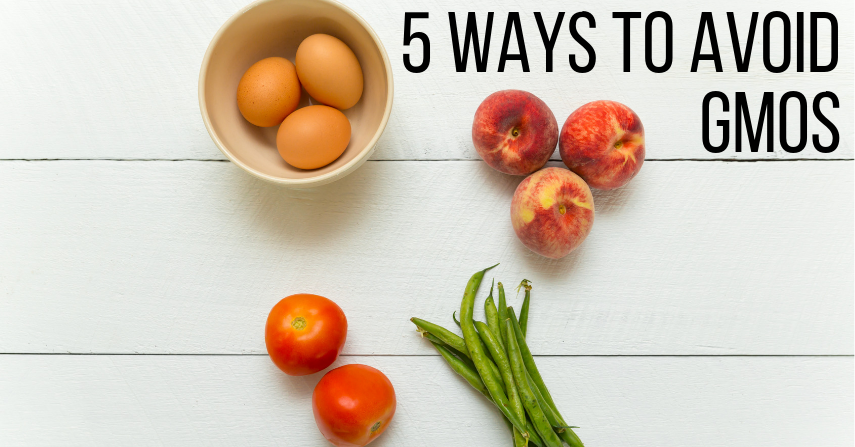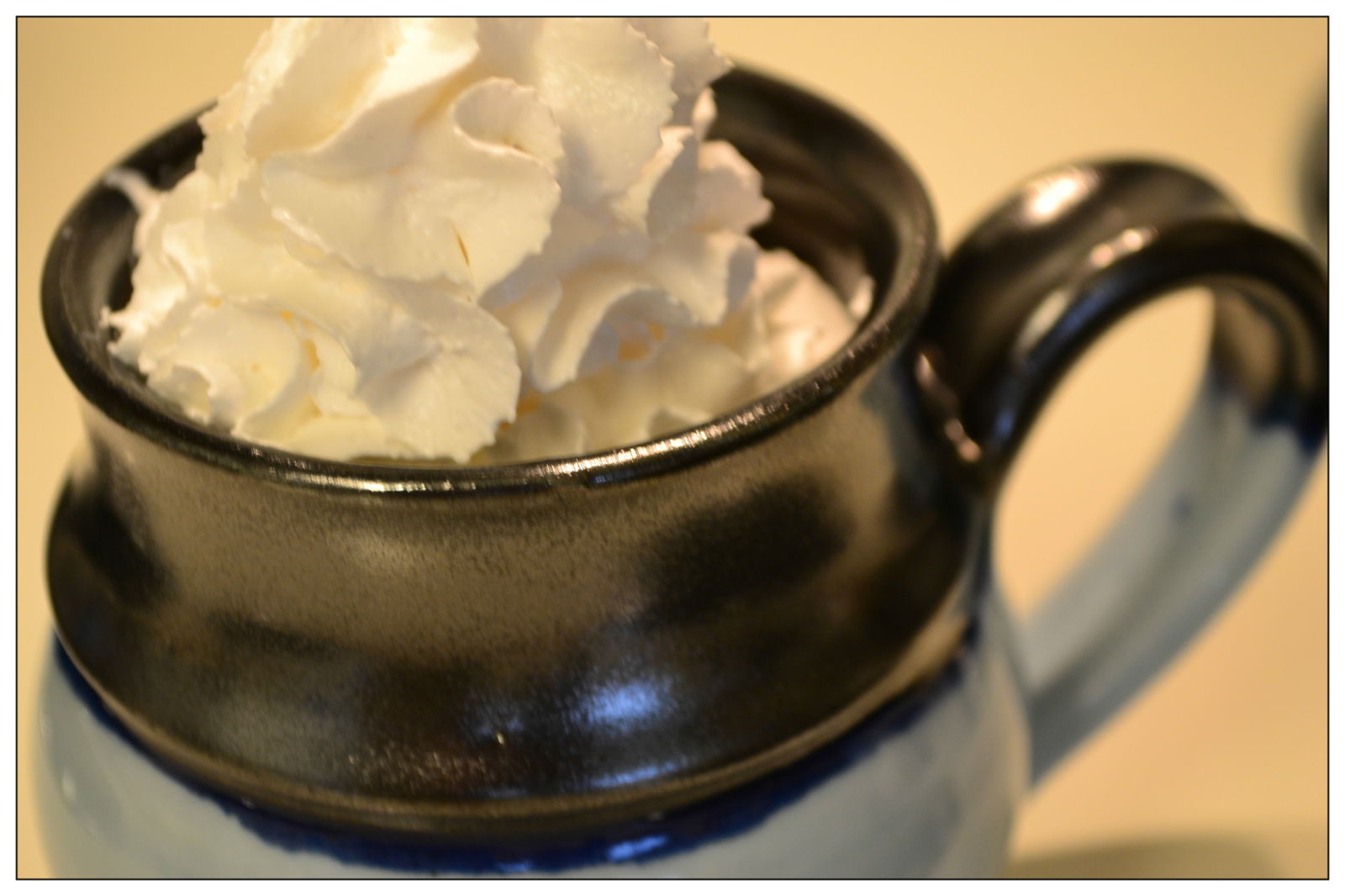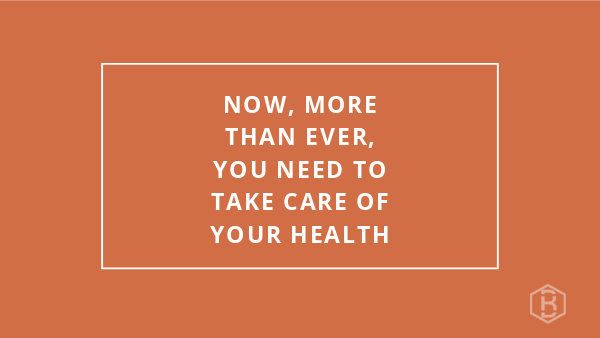
I’m wondering about this. What would happen if you could think positively while acting responsibly? What if you could tune out the news and tone down the noise? What if you could take positive action now that could impact your health in the short term, and those same actions could also impact your life in the long run?
I’m asking these questions to you just as I’m trying to answer them myself. I’ll admit, over the past week, I’ve asked this of myself over and over many times a day. Like most of you, we’re facing immense challenges. I guess what we all need to ask ourselves now is how we are going to rise to meet these challenges.
Here’s how I think we could respond:
First, we could limit our exposure to media (both social media and the news).
It’s probably not helping your health. After consuming media for even a few minutes, I tend to feel more stressed, depressed and anxious. You too? Worrying about getting the coronavirus (really worrying about anything!) won’t boost your immune system. In fact, it will do just the opposite. When we’re anxious and stressed, our body’s ability to fight infection is greatly decreased.
The remedy? Limit your exposure. For us, we don’t have cable, so that makes that easy (no network news!). We do, however, get news through websites and mobile updates. Set limits on your phone and turn off the TV. Make a conscious decision every time you go online to consume wisely.
If you are feeling lonely, don’t only turn to Facebook, Twitter, and, Instagram. Make an effort to connect personally with a phone call rather than just online. And remember that emotions are contagious! Make it your mission to be an encouragement to someone else. Focus your conversation on what’s good.
Second, focus on positive healthy habits. Our family and friends need us to get and stay healthy. Here’s how to start…
Skip alcohol. Why? While there are many reasons, this one seems like a good enough one for me: Alcohol disrupts ciliary function in the upper airways, impairs the function of immune cells (i.e., alveolar macrophages and neutrophils), and weakens the barrier function of the epithelia in the lower airways. (Alcohol Res. 2015; 37(2): 153–155). If you haven’t already, this is such a good reason to skip drinking alcohol, especially at this time. If you’re looking for something comforting, try tea instead. It’s warm, soothing, and loaded with antioxidants! Tulsi (holy basil) tea is an awesome choice. Holy basil is an adaptogenic herb known to help with stress, anxiety, and inflammation.
Eat more fruit and vegetables. I don’t know about you, but where we live, the shelves of Oreos, chips, and ice cream are bare while the produce aisle is relatively stocked. Please! If you’ve got access, choose to eat the produce. Can’t find fresh? Frozen is the next best. Try to skip the processed stuff and focus on fruits and vegetables instead. A healthy diet leads to a healthy body.
Take vitamin D. This could be a big deal! My general recommendation for most people is to take 1000 IUs of D3 per day. The brand I recommend is Pure Encapsulations. While not peer-reviewed (yet!) I came across an article in Preprint that that states the following: From the available evidence, we hypothesize that raising serum 25(OH)D concentrations through vitamin D supplementation could reduce the incidence, severity, and risk of death from influenza, pneumonia, and the current COVID-19 epidemic. When it comes to risk/benefit, vitamin D supplementation is generally low risk and high benefit.
(Update: Since publishing this post, the article mentioned has been peer-reviewed, published, and indexed on PubMed)
Sleep and melatonin. Sleep is absolutely an essential key to having a robust immune system. Aim for 7-10 hours per night. If you’re not sleeping well, melatonin supplementation might be a good option. In general, I recommend starting with 0.5 mg of melatonin (Pure Encapsulations) 1-2 hours before bedtime. Please note that melatonin is a hormone and may interact with other medications. Interesting side note, there has been some evidence that melatonin (which is a powerful antioxidant) might help to treat viral diseases such as SARS and West Nile Virus. Studies are underway to determine the potential effects of melatonin on the novel coronavirus.
Consider taking supportive supplements. Vitamin C, zinc, echinacea, and probiotics are a few that have been well studied and are commonly recommended to support the immune response.
Consider nutritional testing. I often recommend Genova nutritional lab for my patients. One of these tests is a urinalysis that’s easily done at home. “ONE FMV nutritional test is a convenient way to assess the functional need for antioxidants, B-vitamins, minerals, digestive support, and amino acids. Insights gained from the ONE FMV nutritional test provides allows your clinician to target nutritional therapies to the precise needs of their patients.” Functional nutrition testing allows us to determine if there are areas of insufficiency or deficiency; from there, we are able to customize a plan unique to your body’s needs.
If you take supplements, will you please consider supporting our practice by making your purchases through Fullscript? Fullscript is the safest and most convenient way to purchase professional-grade products. It’s quick and easy, shipped directly to your home, and well-priced. Please feel free to get in touch with any supplement questions or concerns.
So, we have a choice. Together, I think we should choose to move forward in a positive direction and choose to make healthy decisions that will make a difference. Support your emotional and physical health by limiting media and consuming it intentionally. Focus on your overall health by reducing/eliminating your alcohol intake, eating a wide variety of produce, taking supportive supplements, and prioritizing sleep. Please know that I am here to support you!
Request a telehealth appointment with Dr. Kristen Bentson
Now more than ever, your overall health matters most.
* Note: This message is not a substitute for medical advice. It is intended for informational purposes only. It is not a substitute for professional medical advice, diagnosis or treatment.


